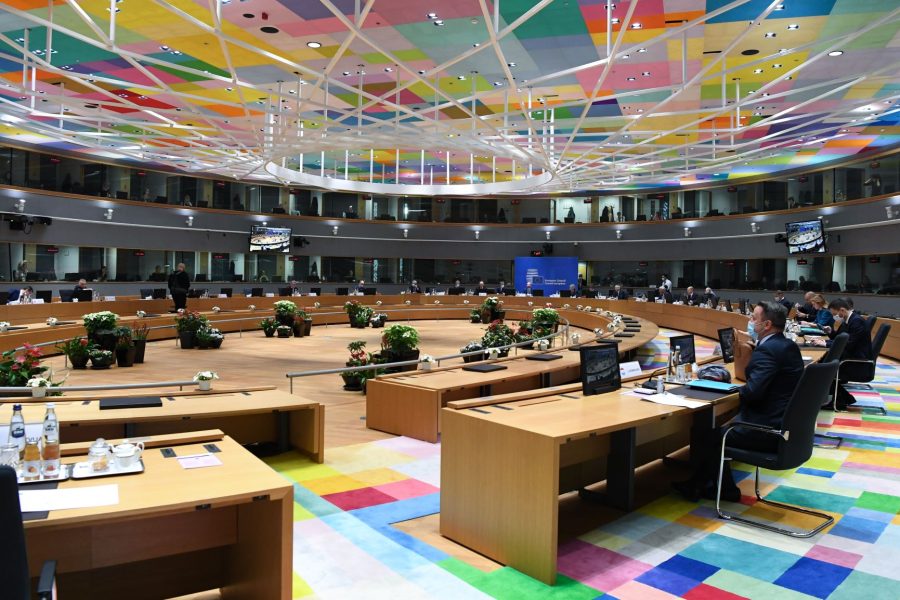After weeks of delays, the European Council has finally approved the Corporate Sustainability Due Diligence Directive, marking a significant step forward in corporate accountability for environmental and human rights issues within their supply chains. However, the final version of the directive has been notably diluted from its original proposal, much to the frustration of sustainability advocates. The directive will now proceed to the European Parliament for further approval.
Known as the CSDDD, or CS3D, the directive establishes a standard for corporate due diligence on sustainability matters for businesses operating within the EU. This encompasses environmental concerns, climate change, and human rights issues.
The new due diligence requirements extend not only to the actions of the company itself but also to its subsidiaries and supply chain. Companies based in the EU, as well as non-EU entities conducting a certain level of business within the EU, may be held accountable for the actions of their suppliers.
Initially, the final draft of the CSDDD, released on January 30, appeared poised for swift approval. However, this momentum was disrupted when Germany announced its intention to abstain from the vote. Following suit, France, Italy, and other members signaled similar sentiments, casting doubt on the European Council’s ability to secure a majority vote.
Subsequently, 45 days of closed-door negotiations ensued, marked by false starts and intense political pressure, causing frustration for sustainability advocates. Despite multiple attempts to bring the directive to a vote, it was repeatedly withdrawn from the agenda as support dwindled. Although several deals were rumored and leaked, official documents remained confidential, with each iteration of the proposed directive seeing a reduction in scope until all attempts ultimately faltered.
Also published on Africa Sustainability Matters



